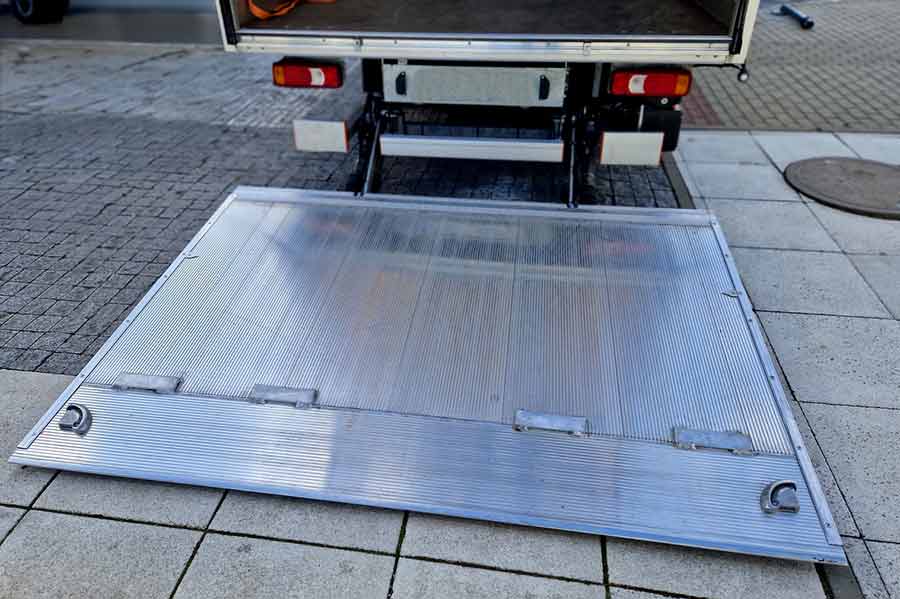In transportation and logistics, freight costs can often be unpredictable. One reason for this is accessorial charges—extra fees for services beyond standard shipping. These charges can surprise shippers, but understanding them and knowing how to manage them can help your business save money.
What are Accessorial Charges?
Freight costs usually include three main parts: line haul, fuel surcharge, and accessorial fees. An accessorial charge is an additional fee for extra services like extra time, labor, or equipment. Carriers add these fees to cover the costs not included in the line haul charges.
What are Some Common LTL Accessorial?
Here are some common accessorial charges you might face when using less-than-truckload (LTL) shipping:
Oversized Freight
Shipments over eight feet in length are harder to handle and take up more space, leading to extra charges. These fees vary by carrier.
Liftgate Service
A liftgate is a platform attached to the back of a truck that lowers freight to the ground. This service is needed if there is no loading dock, and it usually comes with a charge.

Inside Pickup / Delivery
If the driver has to enter a building to pick up or deliver freight, there may be an extra fee. This is common for places without a loading dock or for deliveries inside homes or businesses.
Residential Delivery
This charge applies when delivering to residential areas or businesses located in such areas. The added cost helps cover the challenges of navigating residential zones.
Limited Access Pickup / Delivery
Some locations, like military bases, gated facilities, or places without a dock, are considered limited access. These deliveries require more effort and often come with additional fees.
Reweigh / Reclassification
If the weight, size, or class of the freight is incorrectly reported, the carrier will reweigh or reclassify it, leading to a charge for the difference and administrative work.
How to Control Accessorial Charges
These fees can add up quickly, affecting your bottom line and making it harder to stay competitive. Here’s how to keep accessorial charges under control:
- Communicate Clearly with Carriers
Provide accurate information about your shipment, including delivery times, locations, and any special equipment needed. Clear communication helps avoid unnecessary extra services. - Audit your Freight Invoices
Auditing your freight bills not only helps catch overcharges but also gives you insights into your shipping patterns. You’ll learn which accessorial charges happen most often and can plan for them. - Negotiate with Carriers
Once you know which accessorial charges you face frequently, try negotiating with your carriers. They may waive certain fees or offer better rates for regular services.
One of the best ways to manage accessorial charges is by using freight audit services. These services check your shipping invoices to make sure you’re only paying for what you actually received. Freight audits help catch mistakes, prevent overcharges, and give you valuable data on which accessorial fees are most common. This allows you to better control your shipping costs, simplify billing, and ensure all charges are accurate. In today’s fast-moving logistics industry, freight audits are a smart way to keep costs down and improve transparency.
